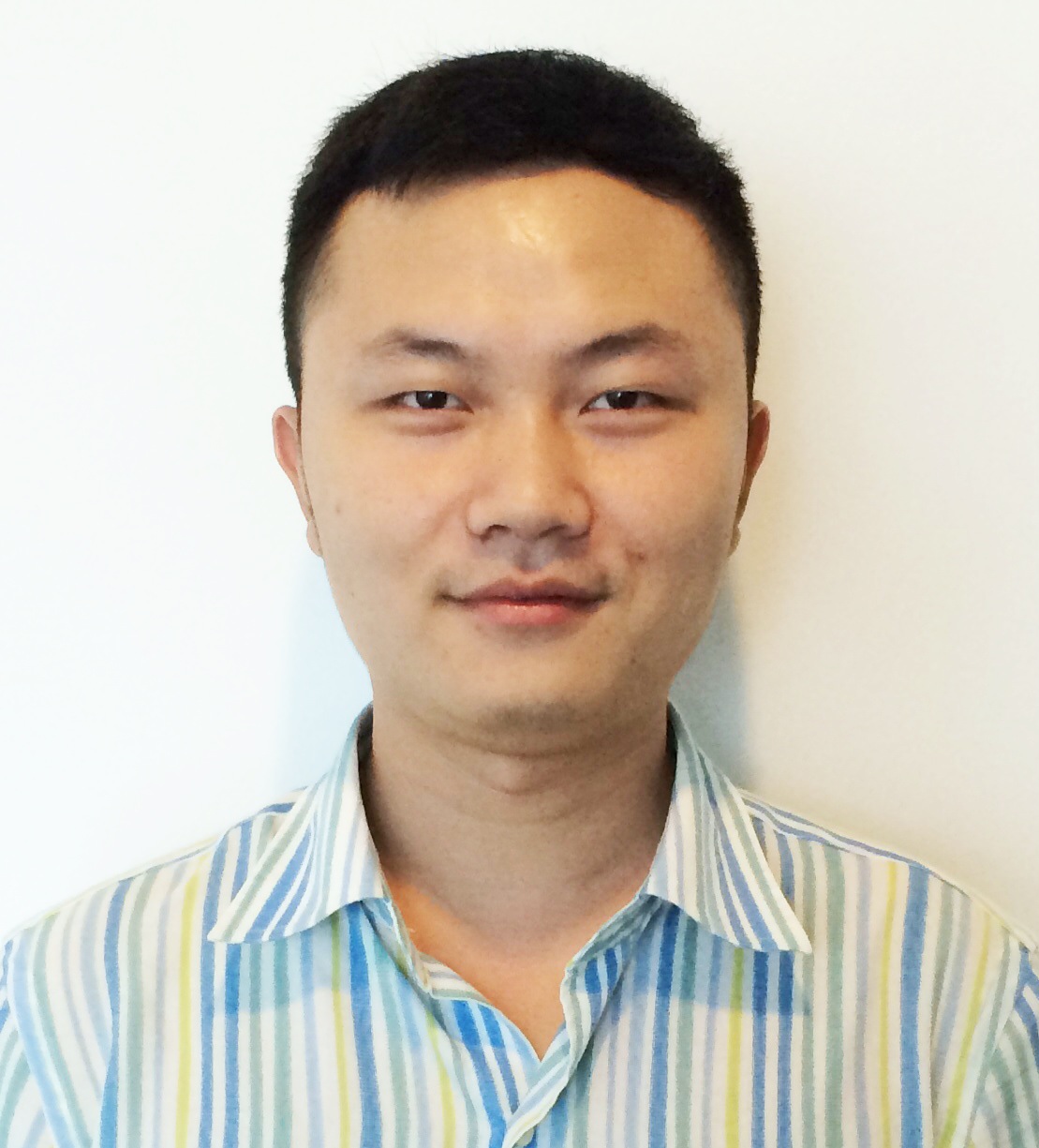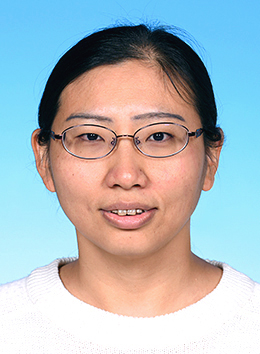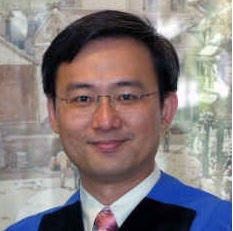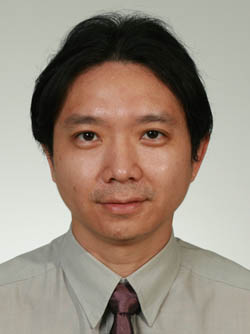
Efficient Artificial Intelligence For Edge Computing
ICDCS 2020 Workshop
Topic Description
This workshop focuses on an emerging and impactful topic Efficient Artificial Intelligence (EAI), that facilitate the edge computing by fitting AI models into the edge-AI device. Deep learning has achieved wide success in applications including image classification, video analytics, audio processing thanks to the rapid development of machine learning frameworks (Tensorflow, Pytorch, Caffe) and the accessibility of high-end GPUs. However, requirements in data privacy, communication bandwidth, and processing latency are driving AI to the edge. Edge AI devices operate with tight resource budgets such as memory, power and computing horsepower. AI technology with high-end GPUs for training and running large neural networks are not suitable for edge AI.
The main principles of efficient AI for edge computing are efficiency, effectiveness, and adaptability. Efficiency is the ability to achieve the required performance with constrained resources (e.g. compute, memory, storage, and power). Effectiveness is the ability to achieve a good quality of results (QoR) with efficiency taken into consideration. Adaptability deals with the ability to adapt to changing needs, environment, and operational conditions. Together, these three principles of efficient AI formulate the key metrics toward ultra-efficient AI for edge devices. In the last few years, we have witnessed a growing research trend in these principles. Various kinds of techniques are proposed such as post-training or training-aware quantization and pruning, hardware-software co-design, low power machine learning, etc. The research and development progress has been complemented in popular machine learning frameworks with many applications in image classification, video analysis, IoTs, circuit/chip design, health monitoring and more.
Workshop Format and Schedule
The EAI workshop will feature full-day events. We plan to invite 2 to 4 keynote speakers who are leading experts from both academia and industry. A list of keynote speakers includes:
- Shangjiang Tang, Associate Professor from Tianjin University (Confirmed).
- Yao Chen, Research Scientist from Advanced Digital Sciences Center UIUC (Confirmed).
- Zeng Zeng, Senior Scientist from I2R, A*STAR (Confirmed).
We will also organize a panel by the invited speakers to discuss EAI challenges & opportunities.
Submission Information
All papers need to be submitted electronically in PDF format through here hosted with EasyChair. Papers must be formatted for 8.5x11-inch paper. The length of the paper must be no more than 6 pages (or 8 pages with over-length charge) in the IEEE double-column format (10-pt font), including references and everything. The reviews will be single blind. At least one of the authors of every accepted paper must register and present the paper at the workshop.
Important Dates
Submission Deadline: March 20, 2020
Extended Submission Deadline: March 27, 2020
Acceptance Notifications: April 3, 2020
Acceptance Notifications: April 7, 2020
Camera-ready: April 17, 2020
All submissions will be considered for oral and poster presentations at EAI. The decision on presentation format will be based primarily on an assessment of the breadth of interest, and the construction. We will seek sponsorship to set up the best paper and best poster awards.
A tentative workshop schedule is outlined below:
| Time | Event |
| 08:30-08:45 | Opening Ceremony |
| 08:45-09:20 | Keynote Talk 1 |
| 09:25-10:00 | Keynote Talk 2 |
| 10:00-10:30 | Coffee Break |
| 10:30-12:00 | Oral Presentations of Accepted Submissions |
| 12:00-13:15 | Lunch Break |
| 13:15-13:50 | Keynote Talk 3 |
| 13:55-14:30 | Keynote Talk 4 |
| 14:30-15:00 | Coffee Break |
| 15:00-15:45 | Panel Discussion: Opportunities and Challenges for EAI |
| 15:45-16:30 | Poster Session of Contributed Works |
| 16:30-17:00 | Award Ceremony & Closing Session |
Accepted papers
Image Denoising for Efficient Anomaly Detection in Videos
Zhiwen Fang, Zhou Yue, Weiyuan Liu and Feng Yang
SiEVE: Semantically Encoded Video Analytics on Edge and Cloud
Tarek Elgamal, Shu Shi, Varun Gupta, Rittwik Jana and Klara Nahrstedt
Evaluating the Merits of Ranking in Structured Network Pruning
Kuldeep Sharma, Nirmala Ramakrishnan, Alok Prakash, Siew-Kei Lam and Thambipillai Srikanthan
Deploy-able Privacy Preserving Collaborative ML
Nandish Chattopadhyay, Ritabrata Maiti and Anupam Chattopadhyay
Adaptive Precision Training for Resource Constrained Devices
Tian Huang, Tao Luo and Joey Tianyi Zhou
Energy Efficient In-memory Integer Multiplication Based on Racetrack Memory
Tao Luo, Wei Zhang, Bingsheng He, Cheng Liu and Douglas Maskell
A LoRaWAN-MAC Protocol Based on WSN Residual Energy to Adjust Duty Cycle
Ting Xu and Ming Zhao
Organizing Committee

Institute of High Performance Computing
Agency for Science, Technology and Research

Institute of High Performance Computing
Agency for Science, Technology and Research

Department of Electronic & Computer Engineering
The Hong Kong University of Science and Technology

School of Computer Science and Engineering
Nanyang Technological University

Department of Computer Science School of Computing
National University of Singapore

School of Computer Science and Engineering
Nanyang Technological University
Related Links:
40th IEEE International Conference on Distributed Computing Systems July 8 - 10, 2020, Singapore